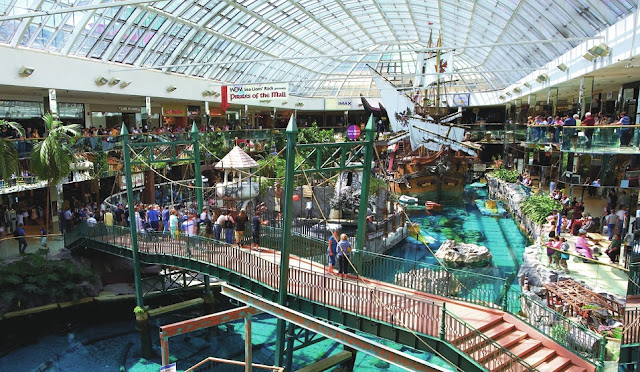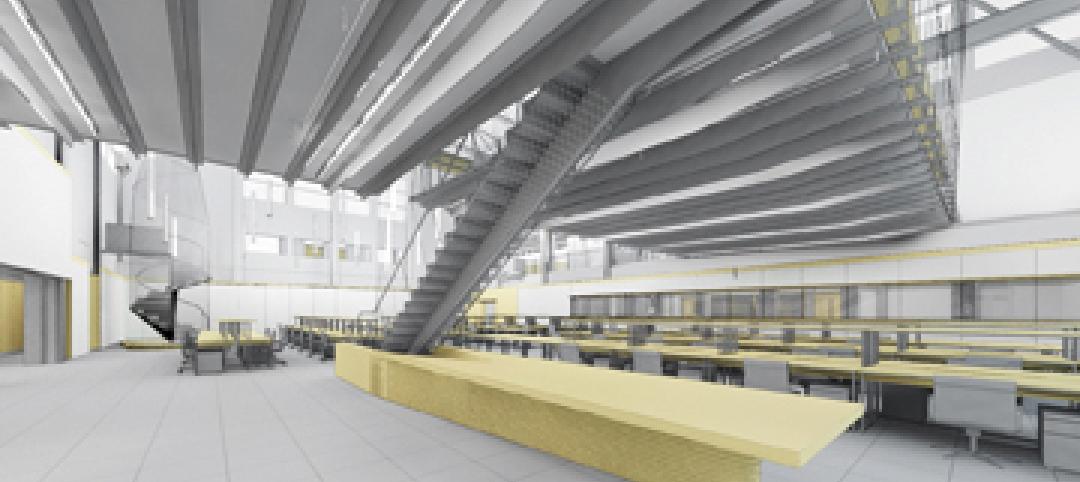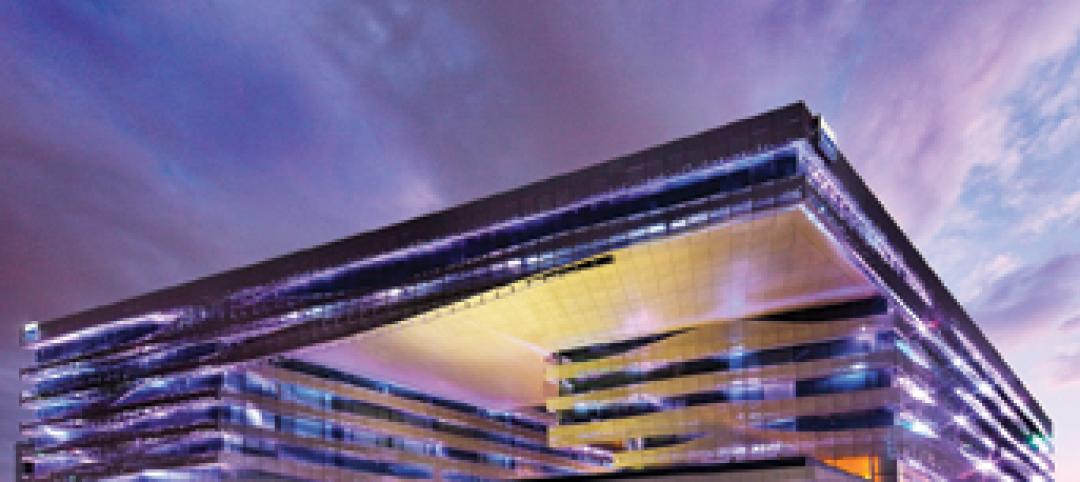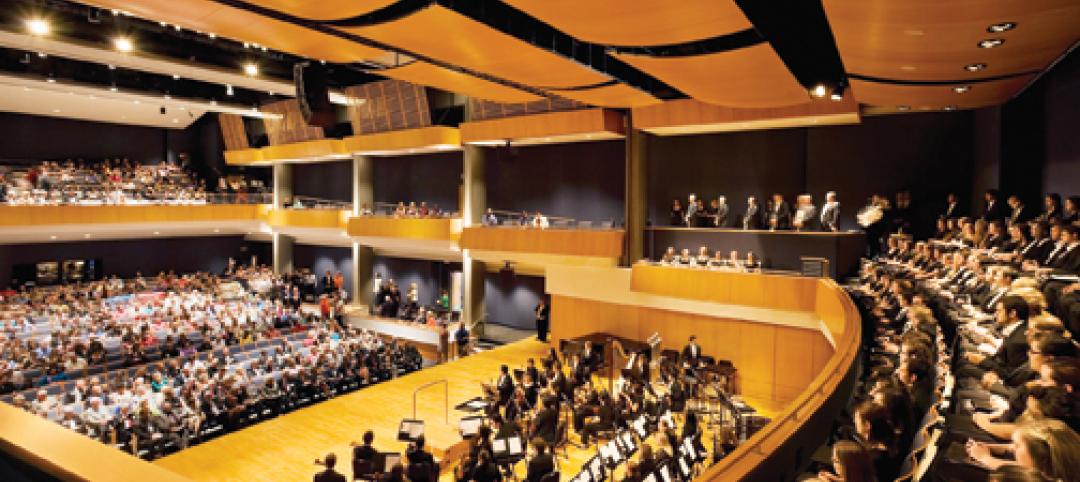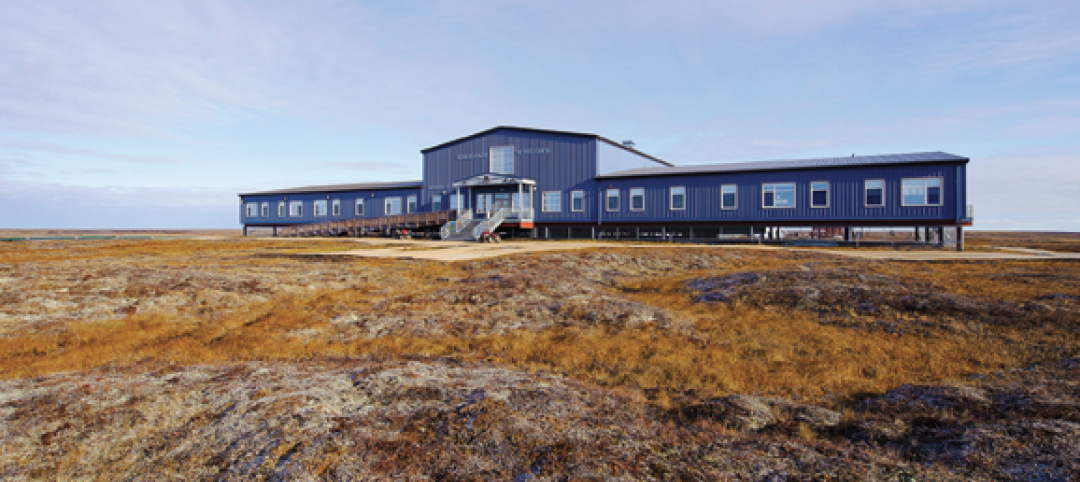The economic boom in Asia is reflected in the development of modern temples of consumerism. Nine out of ten of the world’s biggest shopping malls are located in Asia. Offering much more than “shop till you drop” opportunities – malls are becoming amusement parks and lifestyle centers surrounded by shops.
Emporis.com generated the Top 10 rankings, which are based on the gross leasable area, the area used for revenue-generating activities. Historically, malls have always been the icons of America – the first mall ever was built in Minneapolis in 1956.
However, Asia’s economic boom has resulted in the rise of consumerism and the development of mega-malls. Nowadays, Asia has more malls than America, and the two largest are located in China.
The dimensions of the malls is demonstrated in this comparison: the second biggest mall, Golden Resources Mall, has an area of 557.419 m², the size of about 75 soccer fields.
But some mega-malls in Asia are experiencing problems. New South China Mall is the biggest mall in the world with 600.153 m² of shopping space – most of it empty, with little consumer traffic and a high vacancy rate. It has been classified as a “dead mall”.
In recent years, developers have invented new ways for the mega-mall to survive in this economy. Gone is the store-dominated shopping centre welcoming instead, an age of mixed-use “lifestyle centers”. The Dubai Mall offers an ice-rink and aquarium on an area of 350.244 m². The Persian Gulf Complex, once completed, will house an indoor amusement park, prayer room, and helipad.
Another strategy calls for ways to combine environmental solutions with architecture. An indoor rainforest with koi ponds and the largest rooftop garden in Southeast Asia was implemented by 1 Utama mall in Malaysia. CentralWorld in Thailand features an indoor salt-water lake with sea lions. Trends to include office and residential space, such as the Cehavir Mall in Turkey, are also a survival method of mega-malls. BD+C
CLICK THE LINK BELOW TO VIEW THE TOP 10 LIST
Related Stories
| Jan 3, 2011
Chicago Architectural Foundation’s media expert takes all 85 tours in one year
Jennifer Lucente, the social media expert at the Chicago Architecture Foundation has completed her year of taking tours—taking all 85 tours in 2010. The challenge that began last January with a tour of the Board of Trade building has ended today with the architecture foundation’s newest tour: Razzle Dazzle – featuring the Loop theater district followed by a celebration at the Chicago Theatre.
| Dec 28, 2010
Project of the Week: Community college for next-gen Homeland Security personnel
The College of DuPage, Glen Ellyn, Ill., began work on the Homeland Security Education Center, which will prepare future emergency personnel to tackle terrorist attacks and disasters. The $25 million, 61,100-sf building’s centerpiece will be an immersive interior street lab for urban response simulations.
| Dec 20, 2010
Architect Adrian D. Smith on zero-energy cities, new technologies, and high density.
Adrian D. Smith, FAIA, RIBA, is co-founder (with Gordon Gill) of Adrian Smith + Gordon Gill Architecture, Chicago. Previously, he was a design partner in the Chicago office of Skidmore, Owings & Merrill (1980-2003) and a consulting design partner from 2004 to 2006. His landmark structures include the Jin Mao Tower (Shanghai), Rowes Wharf (Boston), and Burj Khalifa (Dubai, U.A.E.), the world’s tallest structure. He recently collaborated with Gordon Gill to design the world’s first net-zero-energy skyscraper, Pearl River Tower, now nearing completion in Guangzhou, China. This account is based on his recent remarks at the Illinois Institute of Technology.
| Dec 17, 2010
BIM Tools Enhance Project Value
The Building Team for a renovation project at Georgia Tech uses BIM and 3D design tools to solve a complex millwork problem.
| Dec 17, 2010
Historic Rhode Island hotel reborn with modern amenities
The iconic Ocean House resort in Watch Hill, R.I., had to be torn down in 2005 when systemic deficiencies made restoration unfeasible. Centerbrook Architects and Planners, Centerbrook, Conn., designed a new version of the hotel, working with preservation societies to save or recreate favorite elements of the original building, and incorporating them into the contemporary structure. The new resort has 49 guest rooms and 23 residences, plus banquet halls, a corporate boardroom, a private clubroom, a spa and fitness center, an indoor lap pool, a bar, and the obligatory international croquet court. Dimeo Construction, Providence, R.I., was the construction manager.
| Dec 17, 2010
Gemstone-inspired design earns India’s first LEED Gold for a hotel
The Park Hotel Hyderabad in Hyderabad, India, was designed by Skidmore, Owings & Merrill to combine inspirations from the region’s jewelry-making traditions with sustainable elements.
| Dec 17, 2010
Condominium and retail building offers luxury and elegance
The 58-story Austonian in Austin, Texas, is the tallest residential building in the western U.S. Benchmark Development, along with Ziegler Cooper Architects and Balfour Beatty (GC), created the 850,000-sf tower with 178 residences, retail space, a 6,000-sf fitness center, and a 10th-floor outdoor area with a 75-foot saltwater lap pool and spa, private cabanas, outdoor kitchens, and pet exercise and grooming areas.
| Dec 17, 2010
Sam Houston State arts programs expand into new performance center
Theater, music, and dance programs at Sam Houston State University have a new venue in the 101,945-sf, $38.5 million James and Nancy Gaertner Performing Arts Center. WHR Architects, Houston, designed the new center to connect two existing buildings at the Huntsville, Texas, campus.
| Dec 17, 2010
Alaskan village school gets a new home
Ayagina’ar Elitnaurvik, a new K-12 school serving the Lower Kuskikwim School District, is now open in Kongiganak, a remote Alaskan village of less than 400 residents. The 34,000-sf, 12-classroom facility replaces one that was threatened by river erosion.


